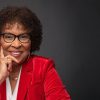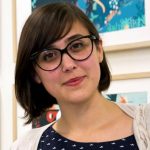
Former Walker Library in Minneapolis, MN
It was one of her first jobs: leading her siblings and cousins down the road five blocks to the former Walker Library in Minneapolis. She was eight years old, and the oldest in a house with lots of kids and lots of books.
“I was not at that time, nor would I be for a while, much of a reader,” confesses Newbery Award-winner Kelly Barnhill, “but I was a listener. I loved curling up with my mom and dad as they read to us. I loved listening to the dramatic readings of books on LP records—The Hobbit and Hitchhiker’s Guide to the Galaxy and Treasure Island and The Happy Prince. In addition to being a listener, I was a teller, too. Since I was often put in charge of younger kids, I often held the line against misbehavior by telling stories about wood gnomes and water witches and flowers with malevolent intent and the fact that there was a magic sword somewhere in the back yard, and if we found it, we would be king.”
The fascination with telling stories never left Barnhill—especially those that involved fantasy and magic such as the award-winning The Girl Who Drank the Moon (Algonquin, 2016), The Witch’s Boy (Algonquin Young Readers, 2014), and The Unlicensed Magician (PS Publishing, 2015). “I think about that line from one of Emily Dickinson’s poems: ‘Tell all the truth but tell it slant.’ I think, for me, that is the draw of fantasy. Because it allows us to be in that space of awe and wonder, and it allows us to think about the world as it isn’t so that we may think about it as it is.”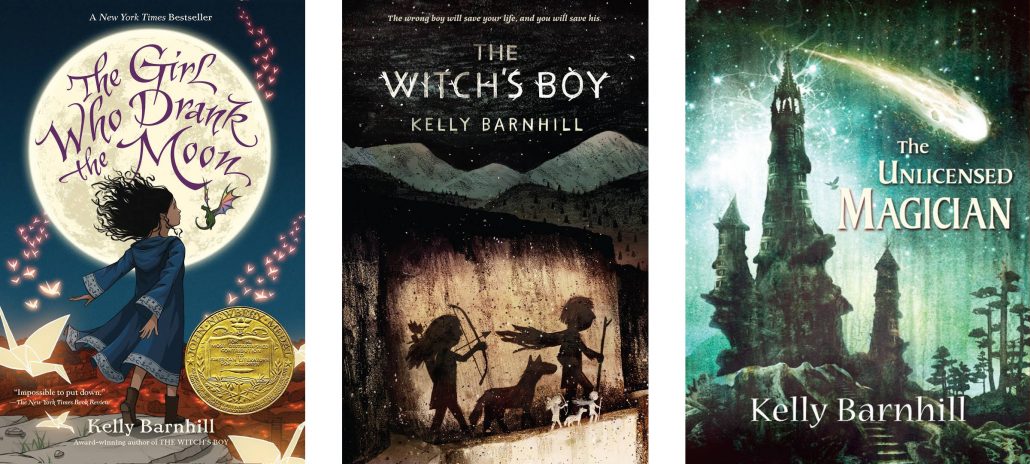
“Fantasy allows us to think about the world as it isn’t so that we may think about it as it is.”
Barnhill’s storytelling took the form of poetry while she was in college. But when her studies came to an end, so did her creative ideas. “Once I graduated, I found that I didn’t have a whole lot to say. I wrote some short stories during my twenties—few and far between, and never with any kind of tenacity. Still, I called myself a writer a lot back then. I liked the idea of being a writer far more than I loved the work of it.”
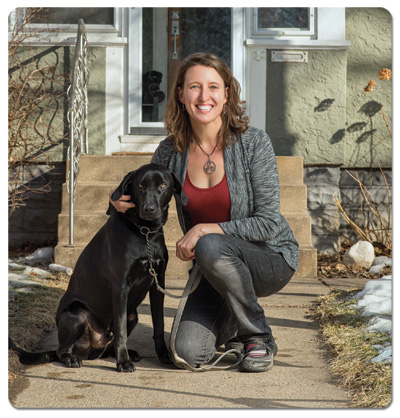
Photo Credit, Joe Treleven
While dabbling in the art of writing, Barnhill explored other careers and vocations. She worked as a bartender, a janitor, and a park ranger before being a teacher. “I taught high school and middle school for a while, and I was a GED teacher at a drop-in center for homeless youth for a while as well.” All of these experiences were essential stepping stones in Barnhill’s journey to where she is today.
“I can see now that my restlessness at that time—my need to explore, my need to connect myself to other people, my need to feel deeply, my need to learn as many things as I possibly could—was all laying the groundwork for the work that I do now. I don’t call myself a writer anymore. I don’t call myself anything, really. I just work.”
And that seems to be working for Barnhill. She now has to her credit essays, short stories, children’s nonfiction, novels, and even a novella. She has written for young readers, middle-grade readers, and young adult/adult readers. But in all of her writing, Barnhill’s main goal is to show how her characters work through emotions and dilemmas as their stories unfold.
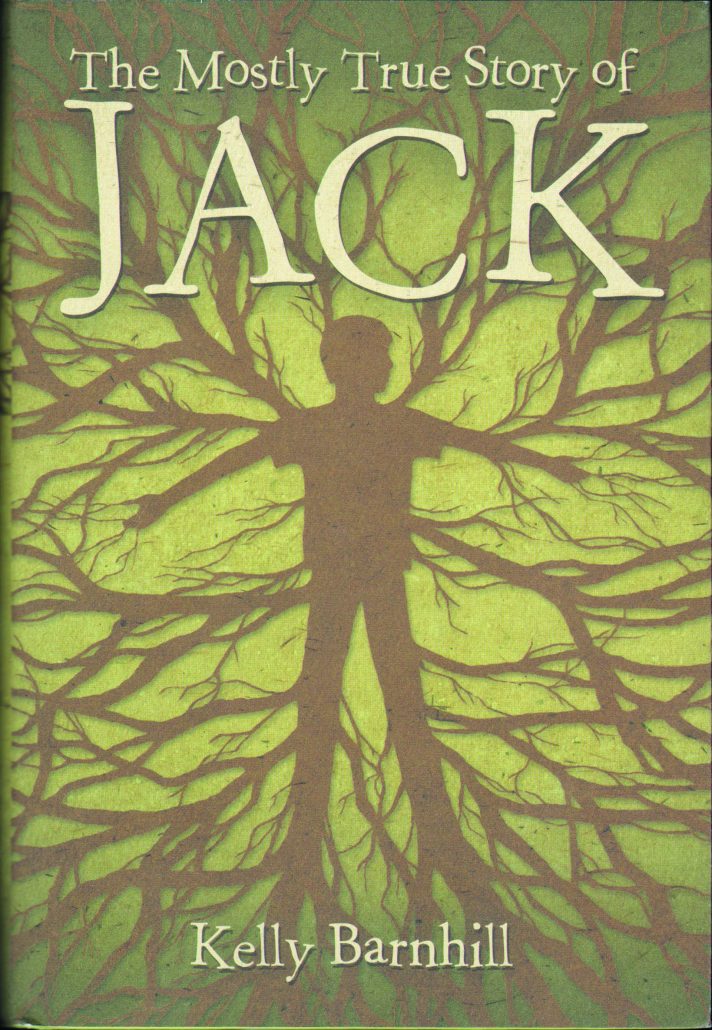
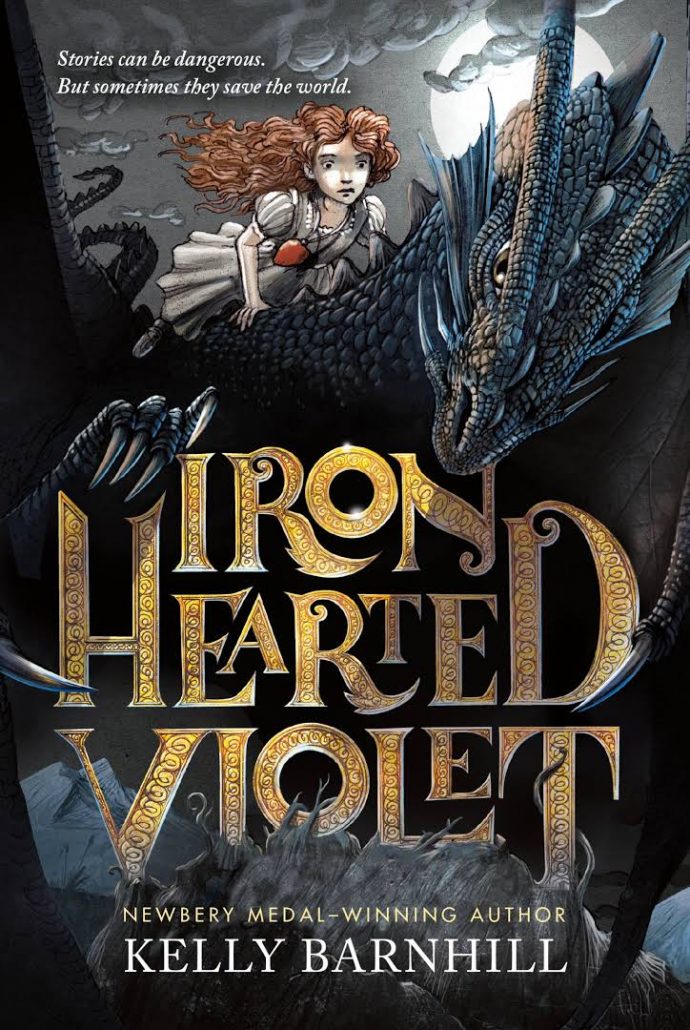 “For me, I will always be pulled to the page to wrestle with Big Questions and Big Ideas: the problem of power; the miracle of human love; the perversion of greed; the disconnect between good intentions and actions; the fundamental ability for all manner of things to transform. I often have no idea what a story wants to be when I start—and for me, that scramble through the utter dark, trying to feel my way towards the surface, is important. I have to trust my instincts and remove any external structure or preconceived notion. It’s just me and my senses and my wits trying to move towards the light.”
“For me, I will always be pulled to the page to wrestle with Big Questions and Big Ideas: the problem of power; the miracle of human love; the perversion of greed; the disconnect between good intentions and actions; the fundamental ability for all manner of things to transform. I often have no idea what a story wants to be when I start—and for me, that scramble through the utter dark, trying to feel my way towards the surface, is important. I have to trust my instincts and remove any external structure or preconceived notion. It’s just me and my senses and my wits trying to move towards the light.”
Fans of Barnhill’s work have long recognized and appreciated her storytelling style; the way she weaves intricate details to create a finely crafted tale, and the depth of emotion her characters bring to each story. Barnhill has received recognition and awards for many of her works, but this year, The Girl Who Drank the Moon, a New York Times bestseller, was named the winner of the 2017 Newbery Medal.
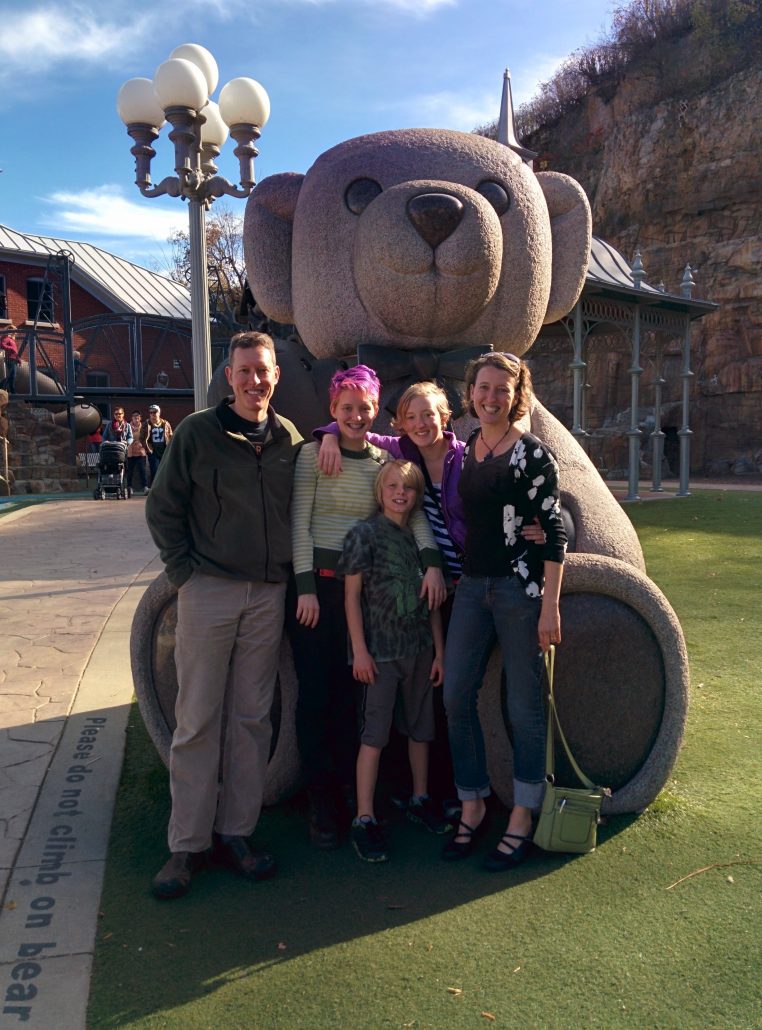
Barnhill and family
“This is what happens when you win a Newbery: you get woken out of a dead sleep at five in the morning by a room full of SUPER CHEERFUL LIBRARIANS, and they all try to explain to you how they’ve just changed your life.”
So did winning the Newbery really change her life? “Sort of. In some ways, nothing has changed at all—my first priority is, always, to my family, and my writing will forever be second. I do feel quite a lot of pressure regarding the next book—not from my publisher, but from myself. Because I care about the story and I care about the characters, and I know that they will be in the shadow of Luna and her family, and that’s not a comfortable place to be.
“Prior to winning, I certainly didn’t believe it was at all possible, and that belief was unchanged by actually winning the dang medal. I still don’t believe it was possible. It’s still hard for me to grasp. After all this time. Maybe this will always be so. Which means that the rest of my work will still come out of that same place of trepidation and care and worry and hope. Hope that I managed to do right by my characters. Hope that I was able to be true to the story. Hope that just one reader—just one—manages to find my book and find meaning in it. That’s all I really want: just one reader.”
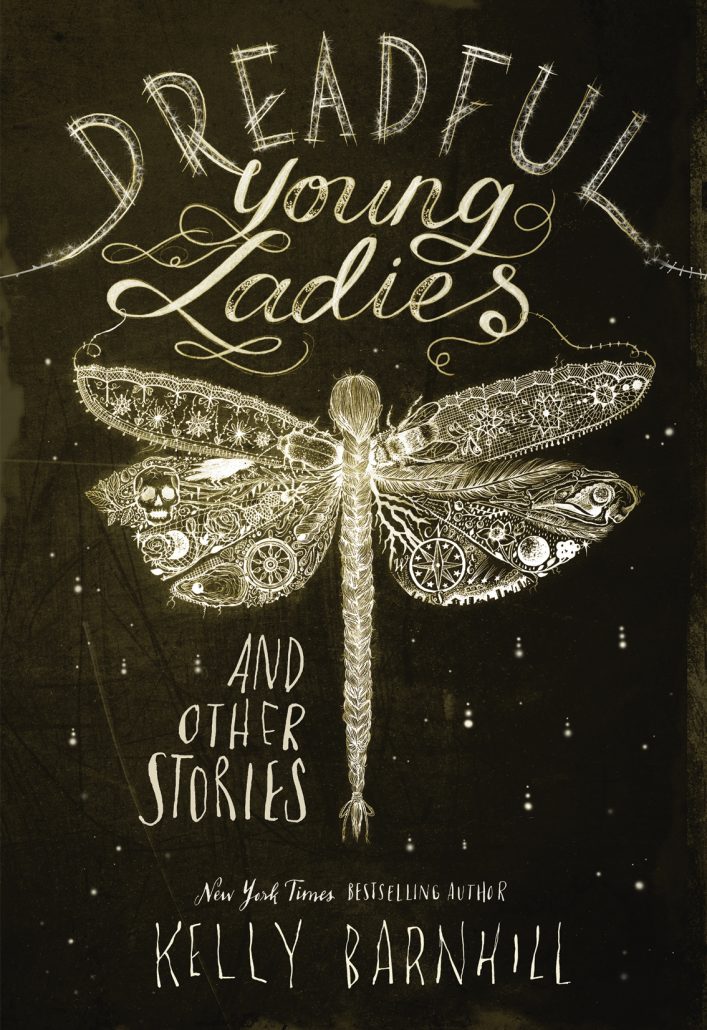
Dreadful Young Ladies to be published February 20, 2018 by Algonquin Books
On Building Readers
If we want our kids to be readers then we, the parents, need to be readers, too. And this doesn’t just mean the books that we read out loud to our kids, although those are important. Our kids need to bear witness to us reading our own books, as well. And talking about books with other people.
If we want books to be a central part of our kids’ lives, then books need to play a central role in our lives too—not our phones, not the television, not video games. Books. Parents really like to wring their hands about their kids’ reading habits and don’t do nearly enough self-reflection on their own. This needs to change.
Also, building readers means building relationships, which means that parents need to pay close attention to what draws our children to books, and to have a wide variety of books available. So this means weekly trips to the library. It also means getting access to lots of books and bringing them home.
Coming Soon…
“I have a collection of grownup short stories coming out called Dreadful Young Ladies (Algonquin Books, 2018). Also, I am in the midst of re-writing (again!) a book called The Sugar House—a weird retelling of Hansel and Gretel (with a bit of Mother Hulda and some heartless giants thrown in for good measure), set in South Minneapolis. I’m pretty excited about it. Also, I’m working on a book called Dispatch from the Hideous Laboratories of Dr. Otto van Drecht, which has required me to learn a lot about shipbuilding, piracy, the Holy Roman Empire, alchemy, palmistry, cryptobiology, and poisons. I’m having an excellent time.”



